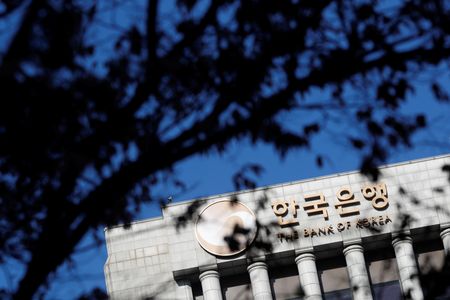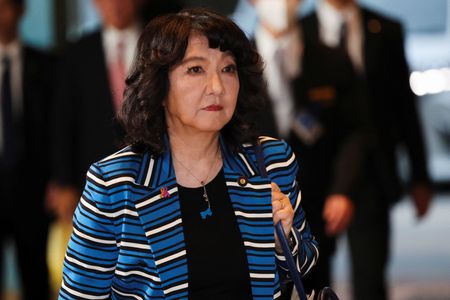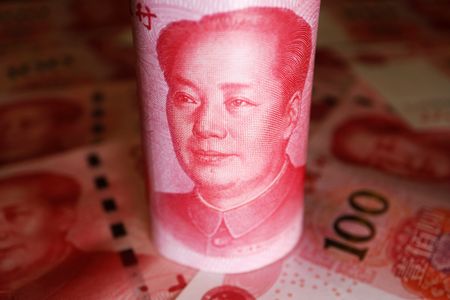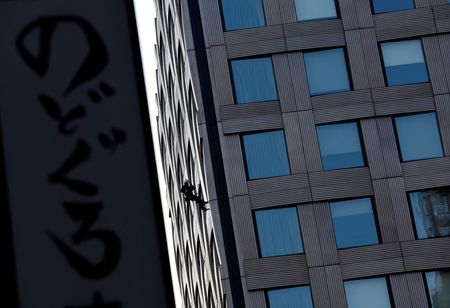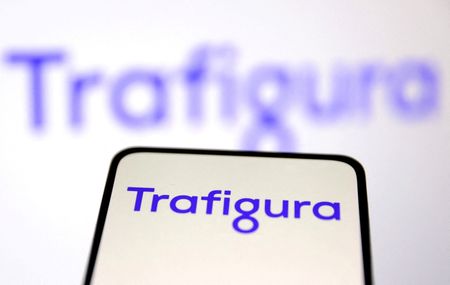By Veronica Dudei Maia Khongwir
BENGALURU (Reuters) -The Bank of Korea will keep its key interest rate unchanged at 2.50% on Thursday as policymakers grapple with a volatile currency and an overheated housing market, according to a majority of economists in a Reuters poll who have pushed the next predicted rate cut to early next year.
Economists had previously expected a cut at the November 27 meeting, but elevated home prices due to a chronic housing shortage and the Korean won, which has weakened against the U.S. dollar for four consecutive months, have prompted most of them to push the reduction into the first quarter of 2026.
South Korea’s economic growth and price pressures have also accelerated. Third-quarter gross domestic product grew 1.2%, the fastest in more than a year, while October inflation rose 2.4%, above the BOK’s 2% target. That combination has reinforced expectations among economists that the central bank will stay cautious for longer as it waits to see the impact on the economy of 100 basis points of easing since October 2024.
REAL ESTATE AND CURRENCY CONCERNS
Nearly 90% of economists, 32 of 36 polled from November 18-24, said the BOK would hold its base rate at 2.50% on Thursday, where it has been since May. Four expected a 25-basis-point cut to 2.25%.
“There has been a lack of material improvement in the two key constraints – real estate and currency concerns – that drove the October pause,” said Krystal Tan, an economist at ANZ, who now predicts the next rate cut in the first three months of 2026.
“At present, we think it is premature to declare an end to the BOK’s easing cycle. Growth remains below potential, and the prospect of Fed-led easing in 2026 could help ease currency constraints.”
The U.S. Federal Reserve has cut rates by a cumulative 150 basis points since September 2024 and is expected to reduce borrowing costs further.
ONE MORE CUT SEEN BEFORE END OF Q1
Among economists with a longer-term view on rates, a majority of 60%, or 17 of 28, forecast at least one more rate cut by end-March 2026. Fourteen expected rates at 2.25% and three at 2.00%, while the remaining 11 saw no change from 2.50%.
Some economists said such easing would support an economy growing below potential and aligned with the BOK’s signal at its last meeting that it intended to “maintain its rate cut stance to mitigate downside risks to economic growth”.
Median forecasts showed rates at 2.25% through 2026, 25 basis points higher than the 2.00% expected in the October poll.
“We do believe the direction of interest rates is still going to be down and the most likely question is more of when and the major reason for this is the output gap remains negative and the authorities are still keen on supporting growth,” said Adam Samdin, economist at Oxford Economics.
The BOK expects the economy to expand 0.9% this year, the weakest pace since a 0.7% contraction in 2020 during the pandemic.
(Other stories from the Reuters global economic poll)
(Reporting by Veronica Dudeimaia Khongwir ; Polling by Vijayalakshmi Srinivasan and Devayani Sathyan in BENGALURU and Jihoon Lee in SEOUL; Editing by Alex Richardson)

